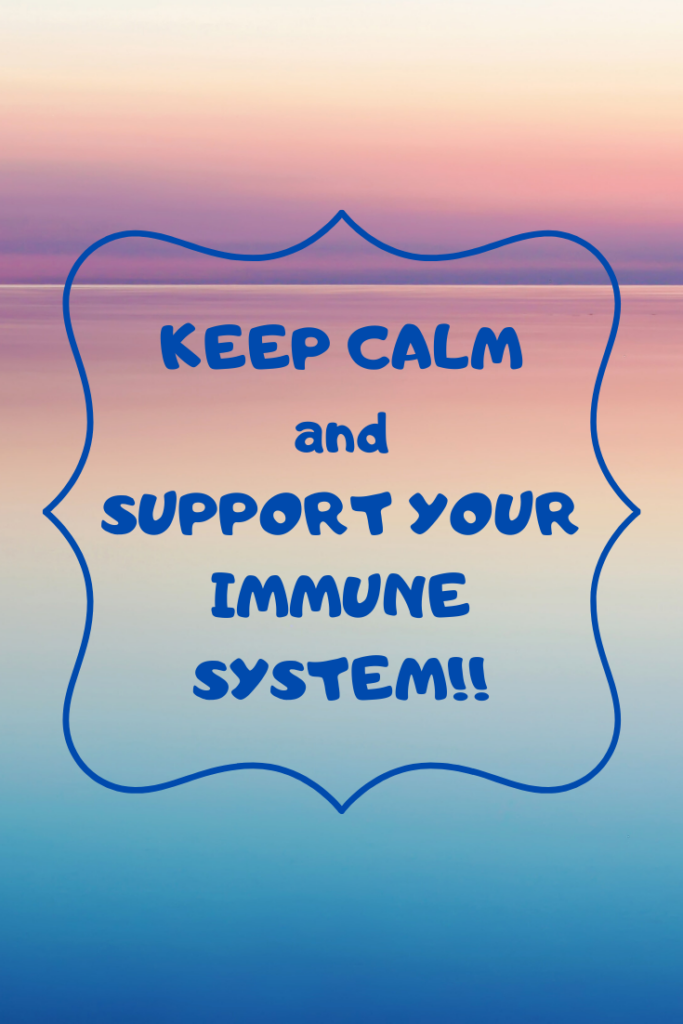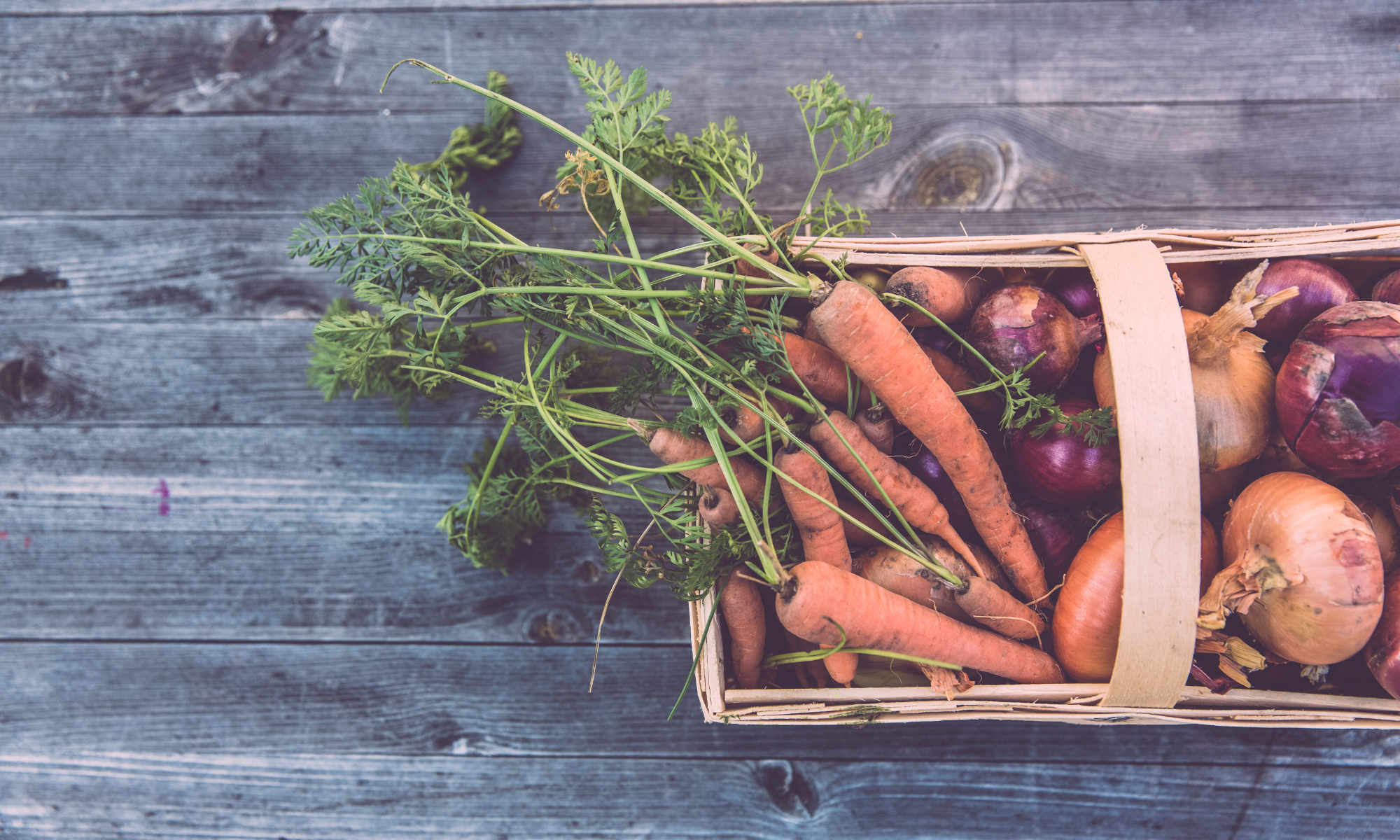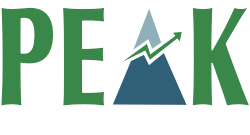Ok folks, let’s address the elephant in all the rooms right now. Corona Virus. Seemingly overnight it has escalated from a distant threat to one of real concern on the homefront. For those of you who don’t know, I’m living in the EPICENTER of the outbreak here in the US. By and large, there is a sense of calm concern and a quiet worry about the unknown. With many people working from home (and now the school closures) traffic is light, but there are still people out and going about their business. The media is doing its part to keep us all informed. Some say they are stoking the “panic” fires and creating undo stress and there is some merit to that. The truth is – we REALLY don’t know for sure…this is kinda unchartered territory for most of us. What we DO know is that the elderly and people with co-morbid conditions are the most at risk. Those of us who are young(ish), healthy individuals should be more concerned with keeping our immune systems healthy so that we can fight off the virus and prevent inadvertently passing it on to those more compromised individuals. I personally think that is the biggest concern, that the virus can be passed on BEFORE you are symptomatic.
So here is the deal. You DO NOT need a year’s worth of toilet paper and bottled water. Firstly, this is a respiratory illness. Secondly, you can ALWAYS find other, creative ways to wipe your behind if things get dire. This is not a natural disaster..water will still flow from your pipes. I get it. People are concerned and feel like they need to do SOMETHING to prepare. That’s understandable, but TP isn’t the answer. So what should we be doing?

First off, it’s important to be aware that stress can weaken your immune system. While there is room for some concern and measures of preparedness, constantly worrying about “what if” is not doing your health any favours. Some tips to help keep stress under control:
- Take a break from the news and social media. Give your mind a break from the onslaught of virus updates.
- Use breathing exercises like these to help you switch from fight or flight mode and into a more relaxed state.
- If you choose to self-distance yourself, use your “me time” to pursue hobbies you enjoy. Read, craft or, even better, prepare some healthy meals!
- Move your body. Movement not only helps relieve stress by burning of excess stress hormone (cortisol), it also moves lymph throughout the lymphatic system, The lymphatic system filters out pathogens in the lymph nodes and is where the cells of our immune system mingle with the different pathogens that enter our bodies.
- Get lots of sleep! The number and activity of every immune cell are higher during the night, making sleep essential for long term health (Commitee on Military Nutrition Research, 1999). Aim for at least 7 to 9 hours nightly.
Secondly, leave the toilet paper on the shelf (unless you REALLY are running low!) and stock up on healthy, nutrient dense foods – which, conveniently, go a long way to supporting immune health!
- Avoid sugar (this is stressful to the body and depletes, rather that enhances immune function)
- Avoid pre-packaged, processed foods. More often than not, these are highly processed and refined, devoid of nutrients and full of preservatives. Not what your immune system needs to thrive!
- Stock up on lots of bright and colorful fruits and veggies. These foods are packed with immune supporting nutrients like Vitamin C, B Vitamins, beta-carotene (the precursor of Vitamin A) and antioxidants.
- If you are worried about being house bound for any length of time, stock up on HEALTHY non-perishables. Frozen fruit and vegetables are a great option when fresh isn’t possible. Prepare some meals ahead of time with your perishable ingredients and freeze them, so you have something nourishing on hand. Make a big batch of bone broth. It’s great for the immune system and easy to make into a hearty soup with some added cooked protein and frozen veggies.
Other things to consider include supporting your microbiome with sufficient fiber from a variety of vegetables and fruit, eating well balanced meals containing whole food, healthy fats, carbohydrates (in the form of vegetables) and protein and avoiding those inflammatory foods (sugar, processed and refined foods, additives and preservatives). Get outside in the sun if you can. Through sun exposure, our bodies make Vitamin D, which is another important nutrient for immune health. Oh, and remember to HYDRATE! Aim for half your body weight in ounces of clean, filtered water daily. Help your body absorb and utilize this water by adding a pinch of good quality seasalt (like Himalayan seasalt) to your water bottle.
Caution, not chaos, is the way to go. Go ahead and stock up your fridge, pantry and freezer with nutrient dense foods and use social distancing if being out in public is stressful to you. Not to sound like a broken record and state the obvious, but YES, please wash your hands thoroughly and often and avoid touching your face as much as possible. If you are symptomatic (fever, dry cough, shortness of breath), STAY HOME. Rest, eat those immune supporting foods and rest some more.
I saw a great quote earlier today from @blessthemessy:
“Remember fear and anxiety can be contagious, but so can kindness, love and hope. Take care of yourself and each other.”
Be kind to yourself, support your immune system, listen to your body and show grace to those around you who are struggling to know what to do in these uncertain times, even if they are hoarding the toilet paper. 😉

